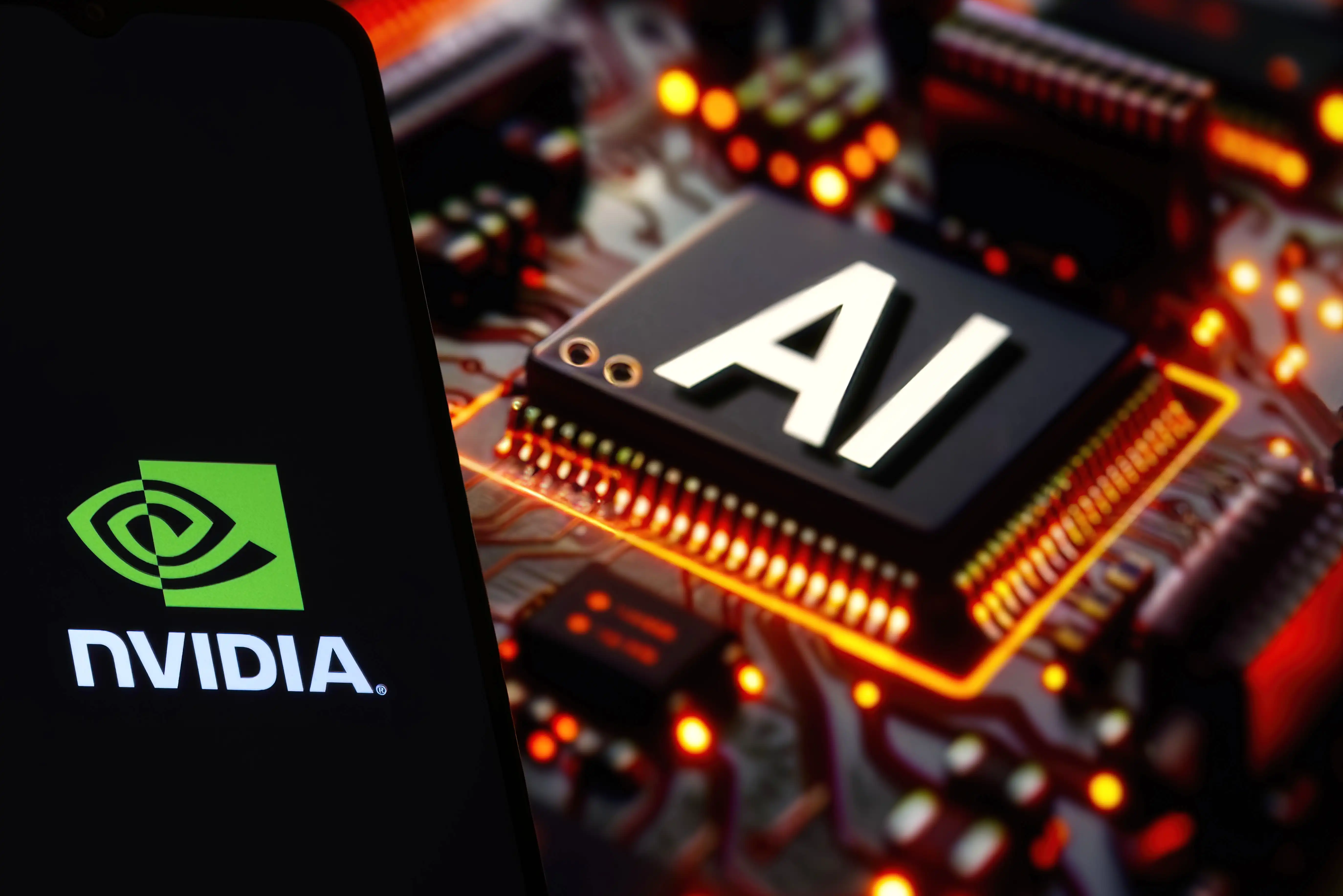Injective Launches On Chain Market for Nvidia GPU Rentals
By
Calder Monroe
Last updated:
August 19, 2025
First Published:
December 2, 2025

Photo: Network World
A New Era of Digital Marketplaces
The launch of an on chain marketplace for Nvidia GPU rentals marks a groundbreaking development in the intersection of blockchain and artificial intelligence. Injective has introduced a platform that enables real time trading of GPU rental slots, allowing developers and institutions to access high performance computing power directly through decentralized networks. This represents a unique move where blockchain is not just a medium for tokens or financial instruments but also for tangible computing resources.
Bridging the Gap Between AI and Blockchain
Artificial intelligence continues to grow at a rapid pace and one of its major requirements is advanced hardware to handle massive workloads. Nvidia GPUs have long been the backbone of AI training models and data processing. By bringing these resources on chain, Injective is helping to bridge the gap between blockchain communities and the AI sector. This marketplace enables blockchain users to lease high end GPU capacity without traditional intermediaries, adding transparency and efficiency to a process that was once limited to centralized providers.
How the Marketplace Works
The platform operates as a decentralized exchange where slots for GPU rentals are tokenized and listed for bidding. Users who require computational power can secure rentals for specific time periods while providers can earn returns by offering unused or available GPU resources. The transparency of blockchain ensures that transactions are verified and the use of smart contracts guarantees accountability for both renters and providers. This model not only democratizes access to powerful hardware but also creates a new revenue stream for individuals and businesses that own GPUs.
Unlocking Opportunities for Developers and Enterprises
For developers working on AI training, blockchain projects, or high frequency data processing, the availability of on chain GPU rentals can dramatically reduce operational costs. Instead of investing heavily in physical infrastructure, enterprises can scale their computing power on demand. This provides flexibility and reduces barriers to entry for startups and entrepreneurs who may have innovative ideas but lack the capital to invest in expensive hardware.
Impact on Decentralized Finance and Web3
This initiative also has implications beyond AI. The creation of a liquid market for real world assets like GPU computing power expands the scope of decentralized finance. It demonstrates how blockchain can tokenize resources and transform them into tradable digital assets. This model could eventually extend to other industries where scarce resources can be allocated more efficiently through decentralized marketplaces, signaling the broader adoption of Web3 principles in everyday business operations.
The Road Ahead
While the idea of tokenized GPU rentals is still at an early stage, the move highlights how quickly the blockchain ecosystem is evolving. As demand for AI solutions grows, decentralized models for resource allocation may become mainstream. Injective’s marketplace sets the stage for future collaborations between blockchain innovators and technology providers, paving the way for a more integrated digital economy.
Popular articles
Subscribe to unlock premium content
Disney’s Timeless Magic and How the Entertainment Giant Continues to Shape Culture and Innovation

Imran Khan’s Economic Missteps Amid Political Chaos in Pakistan

The Philippines’ Digital Shift How Remittances and BPO Are Fueling Growth

Disney’s Timeless Magic and How the Entertainment Giant Continues to Shape Culture and Innovation

Imran Khan’s Economic Missteps Amid Political Chaos in Pakistan

Disney’s Timeless Magic and How the Entertainment Giant Continues to Shape Culture and Innovation









